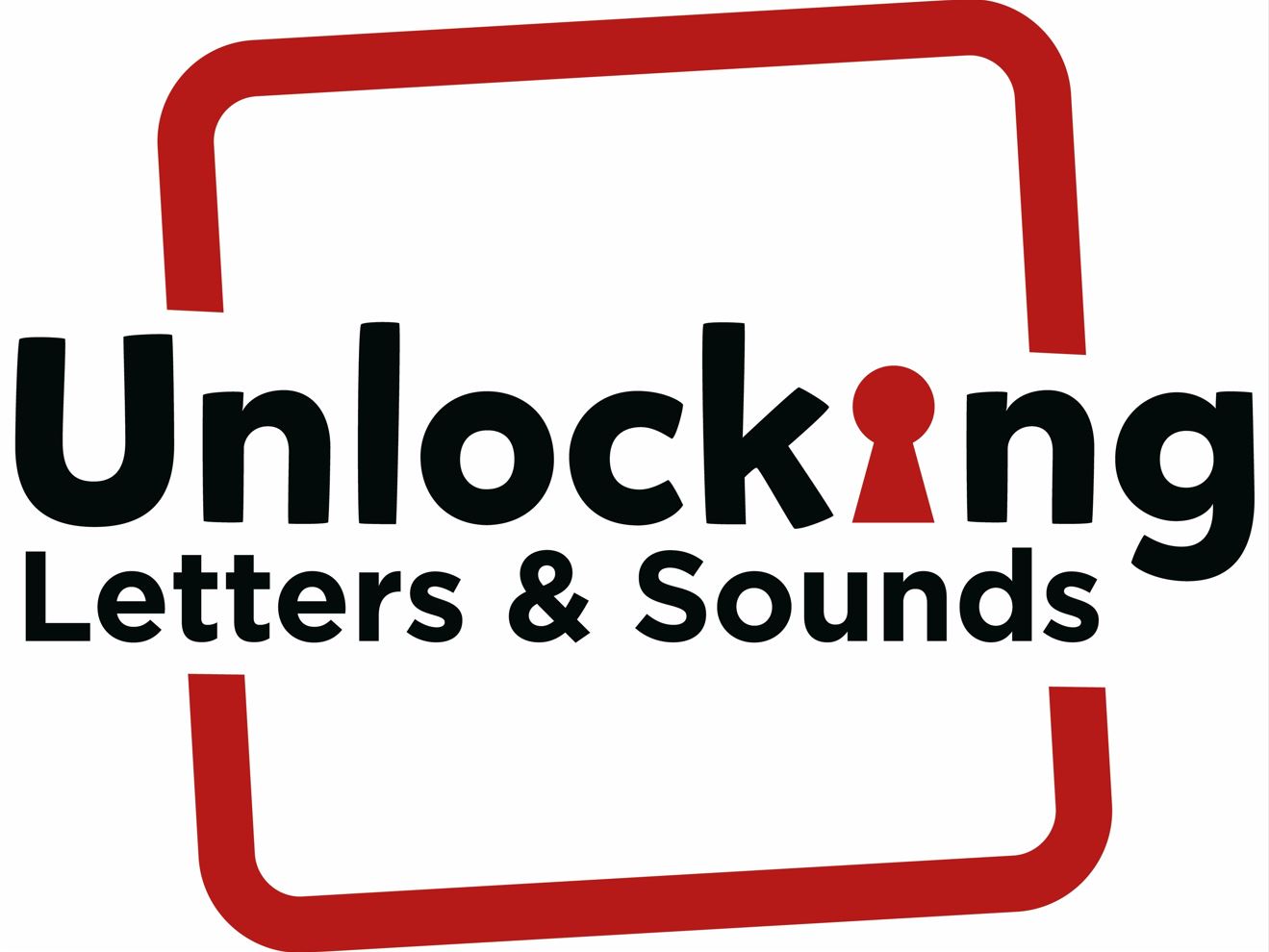Phonics
We use Unlocking Letters and Sounds which was validated by the DfE in December 2021.
Phase one is the beginning of the systematic learning of phonics and will take place predominantly in Nursery and Pre-School. It falls primarily within the Communication and Language and Literacy area of learning in the Early Years Foundation Stage Curriculum. This crucial phase is the exciting first step on every child’s early reading journey and forms the bedrock of developing children’s early reading. In this phase children will experience a wealth of listening activities, including using their listening skills to hear sounds in the environment, recognise instrumental sounds and use body percussion. Children will enjoy playing with sounds and words as they develop their language skills, spotting rhythm, rhyme and alliteration in songs and stories they hear. They will begin to explore the skill of oral blending and segmenting.
A more structured approach to the teaching of reading will begin in the first few weeks of term 1 in Reception where children will begin to learn sounds and decode words, they will make rapid progress in their reading journey. Children begin to learn the main sounds heard in the English Language and how they can be represented, as well as learning ‘Common Exception’ words for Phases 2, 3 and 4. They use these sounds to read and write simple words, captions and sentences. Children leave Reception being able to apply the phonemes taught within Phase 2, 3 and 4.
In Year 1 through Phase 5a, b and c, they learn any alternative spellings and pronunciations for the graphemes and additional Common Exception Words. By the end of Year 1 children will have mastered using phonics to decode and blend when reading and segment when spelling. In Year 1 all children are screened using the national Phonics Screening Check.
In Year 2, phonics continues to be revisited to ensure mastery of the phonetic code and any child who does not meet age related expectations will continue to receive support to close identified gaps. For further details please see our phonics progression.
To ensure no child is left behind at any point in the progression, children are regularly assessed and supported to keep up through bespoke 1-1 interventions. These include GPC recognition and blending and segmenting interventions. The lowest attaining 20% of pupils are closely monitored to ensure these interventions have an impact.
Reading Scheme
At Verwood First School & Nursery we promote a 'phonics first' approach and in both our guided reading sessions at school and in the books, children take home, texts are very closely matched to a child's current phonics knowledge so that every child can experience real success in their reading. In these crucial early stages of reading we primarily use books from Ransom Reading Stars Phonics, to ensure complete fidelity to the phonics progression we follow. Once children progress beyond decodable texts, they move onto our book scheme so that they can continue to progress in their decoding, fluency and comprehension skills to become avid, expert readers.
Alongside their fully decodable home book, we will be sending a weekly 'reading for pleasure' book home too. Your child will not necessarily be able to read their 'Reading for Pleasure' book independently. This book is for you both to read and enjoy together. In order to encourage your child to become a lifelong reader, it is important that they learn to read for pleasure. This sharing book will be a book they have chosen from their school library or classroom book corner for you to enjoy together. Please remember that you shouldn’t expect your child to read this alone. Read it to or with them. Discuss the pictures, enjoy the story, predict what might happen next, use different voices for the characters; explore the facts in a nonfiction book. The main thing is that you have fun!
Lauren Palmer (Phonics and Early Reading Lead)








